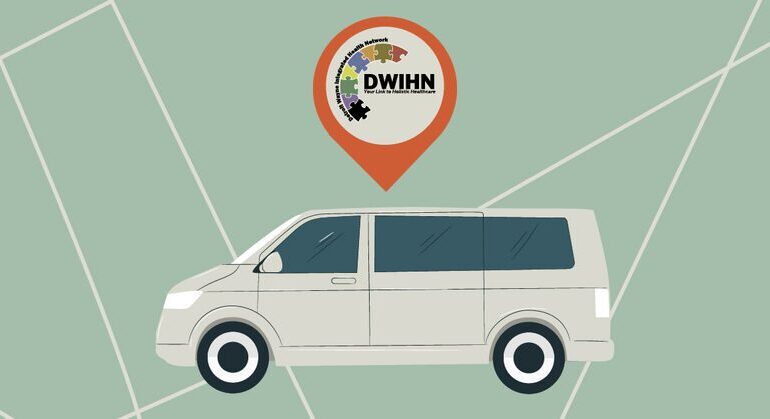DETROIT – The Detroit Wayne Integrated Health Network (DWIHN) is entering phase two of its mobile crisis roll out, expanding its services now to help children and adolescents as well as adults in crisis. The mobile crisis team has also moved to operating seven days a week, Monday-Sunday, 7 a.m to 3 p.m.
“We are excited to announce the expansion of our mobile crisis services to also include children and adolescents,” said DWIHN President & CEO Eric Doeh. “We want parents and caregivers to know there are options available if their children are in crisis and that our teams will respond to them anywhere in Wayne County, regardless of location or insurance status.”
DWIHNs mobile crisis units are staffed by a master’s level clinician and peer support specialist who assists the person through the crisis as it relates to mental health, substance use or disability concerns. Anyone in the Wayne County area can call the 24/7 DWIHN Access Helpline at 800-241-4949 and get a unit deployed to their location.
Phase one of the program began in mid-December 2023 with the dispatch of four teams, and now the mobile crisis team serves all ages, operating seven days a week with a total of eight vans on the roads, helping people in need.
The trained mental health professionals will provide de-escalation and crisis intervention services, connecting people to the appropriate behavioral health resources.
“Our hope is to rapidly respond by offering community-based intervention, resources and reduce or prevent the need for care in a more restrictive setting,” Doeh said.
CMS investing $15M in Medicaid Mobile Health Crisis Intervention
the Federal authorities awarded $15 million in rescue plan funding to 20 states to help expand mobile health intervention services for Medicaid patients in crisis.
The planning grants, administered through the Centers for Medicare & Medicaid Services, will help state Medicaid agencies and community health organizations develop emergency intervention services for people experiencing a mental health or substance abuse disorder crisis. This may include the use of mHealth apps or telehealth services to connect those in crisis to a behavioral health specialist or other care provider.
“With these grants, CMS is taking strides to connect individuals in crisis with the high-quality, expert care they need. Providing behavioral health care experts as alternatives to police is an example of how we can better help communities deliver on the behavioral health needs of all its residents,” CMS Administrator Chiquita Brooks-LaSure said in a press release.






Leave a Reply